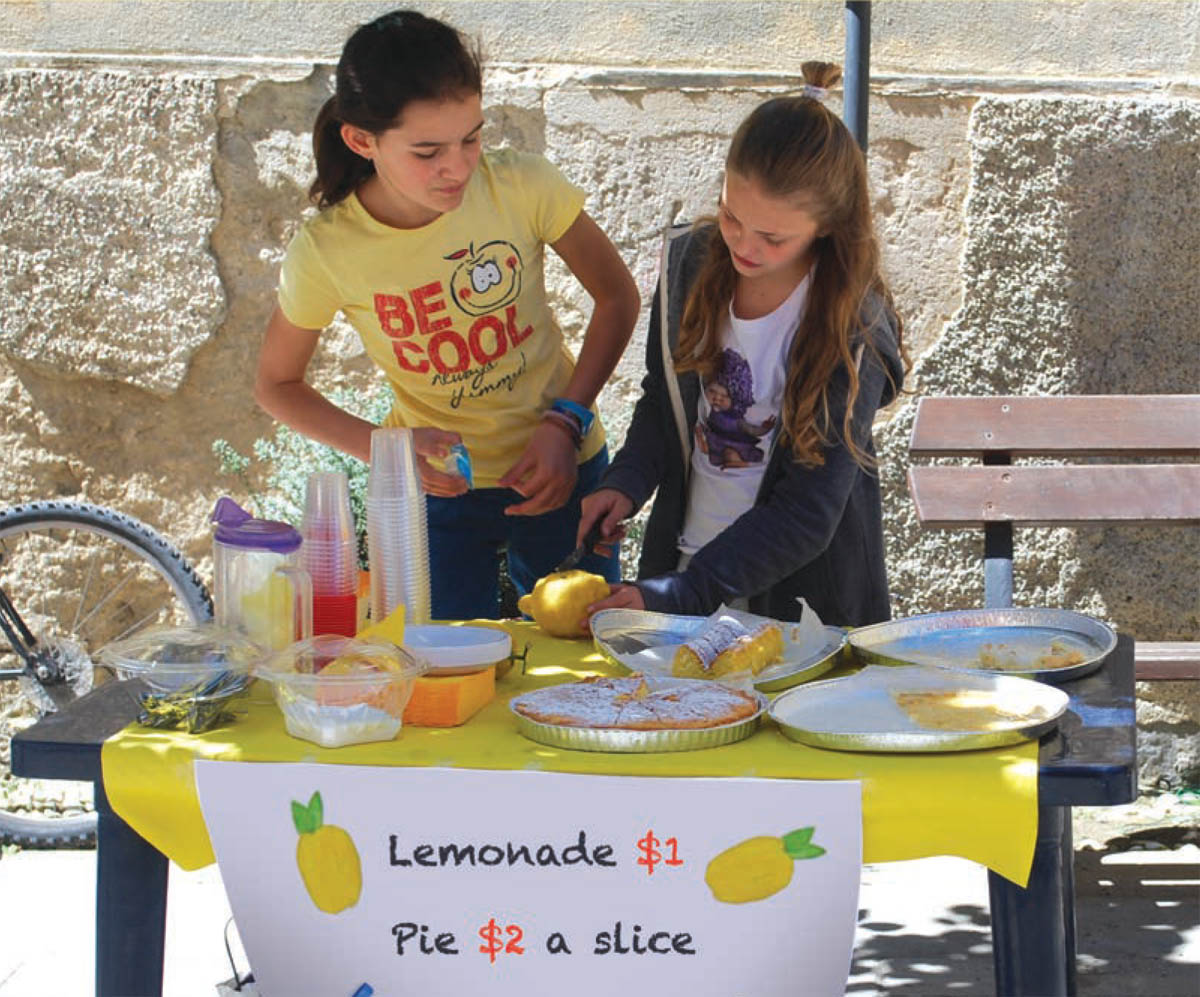Money Lessons: Teaching Kids About Money

If you are a parent or grandparent, it may give you pause to know that research shows children tend to copy their parents’ habits and attitudes about money. Are you passing on good money skills to the children in your life?
Although many parents are diligent about teaching safety and good manners, too often money skills are a blind spot. To be sure, in some families, money is an uncomfortable, even taboo, topic. Many other parents simply don’t talk about money with their children because they don’t know where to start or they expect their children’s school to do the job. Still, what parents say and do is the single biggest influence on their how their children will deal with money.
So, how do you help your children become financially savvy, responsible and eventually capable of being independent?
For starters, say the experts, unlike a birds-and-bees or don’t-do-drugs talk, money skills must be methodically taught to kids, experienced hands-on and modeled daily by parents.
Start early
Some research suggests that lifetime money habits are set by the age of seven, and assuming that is true, starting money lessons early—as soon as your child can count—is important. But, say early childhood experts, treating your young child like a miniature adult is a mistake. To make an impression that sticks, you’ll want to find fun, meaningful and age appropriate ways to start and expand your child’s money education. As just one example for preschoolers, you might work the idea of money into their imaginary games, such as playing pretend restaurant or pretend shopping.
Show them the way
Because you are your children’s most influential teacher, your actions have the most power to help or hurt. Remember that children tend to mimic what you do even more than what you say, and they are always watching and learning, even when your actions don’t match your words.
Allow them to make mistakes
Although it’s important to give your children advice and guidance, it’s equally important to allow them to make some of their own decisions about money—good and bad. Even by taking responsibility for small amounts of real money, children learn powerful lessons from personal experience, perhaps even more from mistakes.
Need a little coaching of your own? Look for resources online and in print that offer creative, age-appropriate ideas for teaching money skills to children.
Would you like to talk to a financial professional? Contact Evans at 713.388.1367 or evans.attwell@frostbank.com.

Evans Attwell
Senior Vice President
Frost Bank
Investment and insurance products are not FDIC insured, are not bank guaranteed, and may lose value. Investment and insurance products are offered through Frost Brokerage Services, Inc., Member FINRA/SIPC. Frost Brokerage Services, Inc. is a wholly owned subsidiary of Frost Bank. Additionally, insurance products are offered through Frost Insurance. Deposit and loan products are offered through Frost Bank, Member FDIC. Frost does not provide legal or tax advice. Please seek legal or tax advice from legal and/or tax professionals















